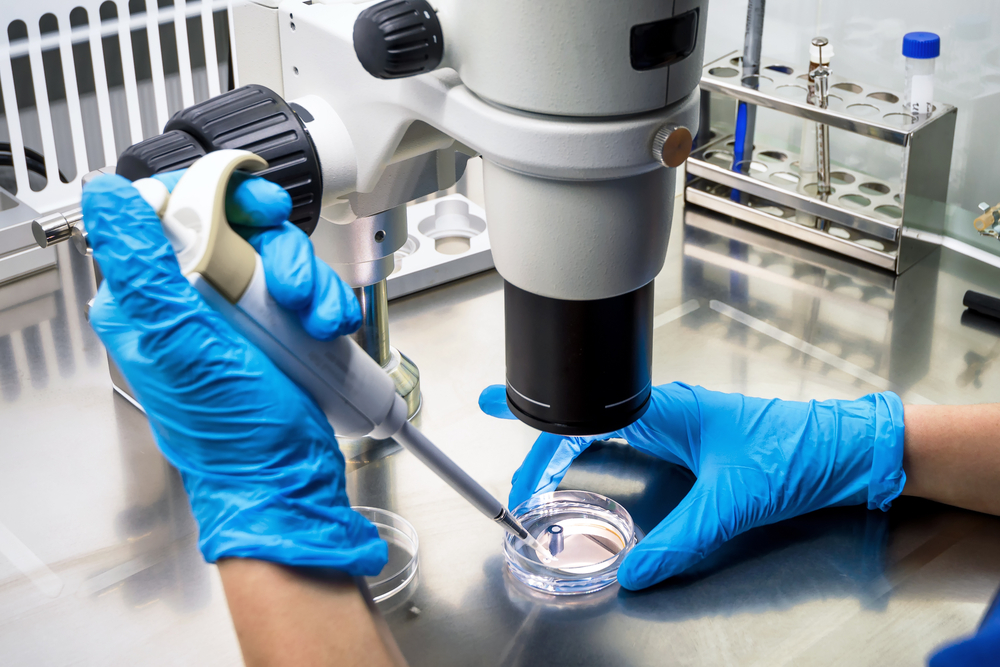Aspen Neuroscience Receives $6.5M to Advance New Patient-specific Cell Therapy for Parkinson’s
Written by |

Aspen Neuroscience, a new biotech company, has raised $6.5 million to develop cell therapies for Parkinson’s disease using patients’ own cells.
The company was co-founded by renowned stem cell scientists Jeanne F. Loring, PhD, and Andres Bratt-Leal, PhD, and initially supported by Summit for Stem Cell, a non-profit organization that provides a variety of services for Parkinson’s patients.
Parkinson’s hallmark motor symptoms include tremor, slowness of movement (bradykinesia), stiffness (rigidity), uncontrollable movements (dyskinesia), and poor balance.
As the disease progresses, patients typically need to gradually increase their dopaminergic therapeutic dose for maximum benefit. Even after that they might sometimes experience reappearance or worsening of symptoms due to diminishing effects of dopaminergic therapy, known was “off” periods.
Importantly, dopaminergic therapy is delivered to areas of the brain other than the striatum, a key motor control region severely affected in Parkinson’s disease. Because of the therapy’s off-target behavior, patients also may experience side effects such as hallucinations or cognitive impairment.
Aspen wants to combine its expertise in stem cell biology, genomics and neurology and develop the first autologous (self) stem cell-based therapy for Parkinson’s disease.
In this type of cell therapy, a patient’s own cells (usually skin cells) are reprogrammed back into a stem cell-like state, which allows the development of an unlimited source of almost any type of human cell needed, including dopamine-producing neurons, which are those mainly affected by this disorder.
Because these cells are derived from patients, they do not carry the risk of being rejected once re-implanted, eliminating the need for immunosuppressive complementary therapies, which carry serious side effects such as infections and possibly limiting therapeutic potential.
In theory, replacing lost dopaminergic neurons with new stem cell-derived dopamine-producing ones could potentially ease or reverse motor symptoms associated with the disease.
“Aspen is developing a restorative, disease modifying autologous neuron therapy for people suffering from Parkinson’s disease,” Howard J. Federoff, MD, PhD, Aspen’s CEO, said in a press release.
“We are fortunate to have such a high-caliber scientific and medical leadership team to make our treatments a reality. Our cell replacement therapy, which originated in the laboratory of Dr. Jeanne Loring and was later supported by Summit for Stem Cell and its President, Ms. Jenifer Raub, has the potential to release dopamine and reconstruct neural networks where no disease-modifying therapies exist,” Federoff said.
The company’s lead product (ANPD001) is undergoing investigational new drug (IND)-enabling studies for the treatment of sporadic Parkinson’s disease. Aspen experts also are developing a gene-editing treatment (ANPD002) for familial forms of Parkinson’s, starting with the most common genetic variant in the GBA gene, which provides instructions to make the enzyme beta-glucocerebrosidase.
The new seed funding round was led by Domain Associates and Axon Ventures, with additional participation from Alexandria Venture Investments, Arch Venture Partners, OrbiMed and Section 32, according to the press release.


